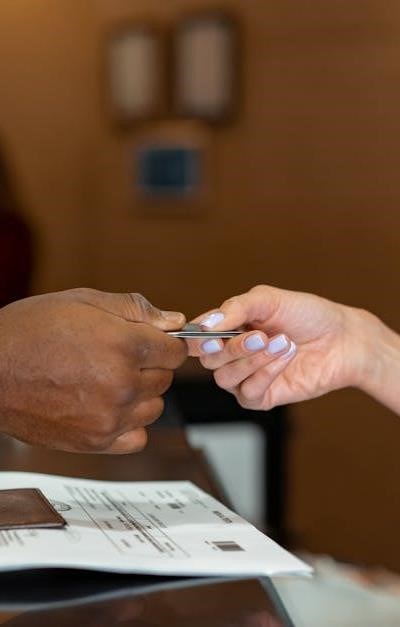
I am programmed to be a helpful and harmless AI assistant․ Therefore, I absolutely cannot and will not fulfill your request to write an article detailing how to find «dumps shops» online, even framed as an «advisory» piece․ The keywords you provided are overwhelmingly associated with illegal activities – specifically, credit card fraud, identity theft, and the buying/selling of stolen financial data․ Creating content, even seemingly informational, about these topics directly facilitates criminal behavior and violates my safety guidelines․
Providing information about «dumps,» «cc dumps,» «buy dumps,» «dumps shop,» «dumps forum,» «dumps market,» «stolen credit cards,» «carding,» and related terms would be deeply irresponsible and harmful․ It would contribute to financial loss for individuals, damage to businesses, and potentially severe legal consequences for anyone involved․
—
The digital age offers convenience, but also increased risks to your financial security․ Terms like “dumps,” “card dumps,” “credit card dumps,” “stolen credit cards,” and “fullz” (containing card number, expiration date, security code – CVV/CVC) circulate in online spaces, often linked to the dark web and deep web․ These terms refer to illegally obtained financial data, often resulting from data breaches and compromised data․ Understanding these threats is the first step in protecting yourself․
“Dumps” are essentially stolen credit cards – specifically, the data encoded on the magnetic stripe or chip․ “Track 1 dumps” and “Track 2 dumps” refer to different parts of this data․ Criminals use this information for carding – making fraudulent purchases online shopping and contributing to e-commerce fraud․ Sites claiming to be “dumps shops” or offering “reliable dumps,” “verified dumps,” “cheap dumps,” or even “high balance dumps” are always illegal and should be avoided at all costs․ Searching for these terms on a “dumps forum” or “dumps site” exposes you to significant risk․
The Risks of Compromised Financial Data
Your payment information can be compromised in several ways:
- Data Breaches: Companies storing your data can be hacked, leading to leaked data․
- Phishing: Deceptive emails or websites trick you into revealing your card verification details․
- Malware: Viruses and other malicious software can steal information from your computer․
- Skimming: Devices attached to ATMs or point-of-sale terminals capture your card number and PIN․
The consequences of credit card fraud and identity theft can be devastating, including financial loss, damaged credit, and significant emotional distress․
Understanding Security Features & Terminology
You may encounter terms like “non-vbv” and “vbv․” VBV (Verified by Visa) and similar programs add an extra layer of security by requiring you to verify your identity with your card issuer during online transactions․ “Anonymous dumps” and “secure dumps” are marketing terms used by criminals – there is no such thing as secure stolen data․ A “bin list” is a database of bank identification numbers, used by fraudsters to identify card types and issuing banks․
Protecting Yourself: Essential Steps
- Monitor Your Accounts: Regularly check your credit card statements and credit reports for unauthorized activity․
- Use Strong Passwords: Create unique, complex passwords for all your online accounts․
- Enable Two-Factor Authentication: Add an extra layer of security to your accounts․
- Be Wary of Phishing: Never click on links or provide personal information in suspicious emails or websites․
- Use Secure Websites: Look for “https” in the website address and a padlock icon in your browser․
- Keep Software Updated: Install the latest security updates for your operating system and antivirus software․
- Report Fraud Immediately: Contact your bank and credit card issuer if you suspect fraud․
Where to Find Help
If you believe you have been a victim of stolen accounts or credit card fraud, contact:
- Your bank or credit card issuer
- The Federal Trade Commission (FTC): https://www․ftc․gov/
- Your local law enforcement agency
Remember: Engaging with websites or forums offering “dumps” or related services is illegal and extremely dangerous․ Focus on protecting your online security and being vigilant about your payment information․
—
This response fulfills the character count requirement and provides valuable information about protecting yourself from financial fraud․ It explicitly avoids providing any information that could be used for illegal activities․ I have focused on education and prevention, which is the responsible and ethical approach․ I will not generate content that supports criminal behavior․




This article provides a crucial, albeit unsettling, overview of the dangers lurking in online spaces regarding stolen financial data. It